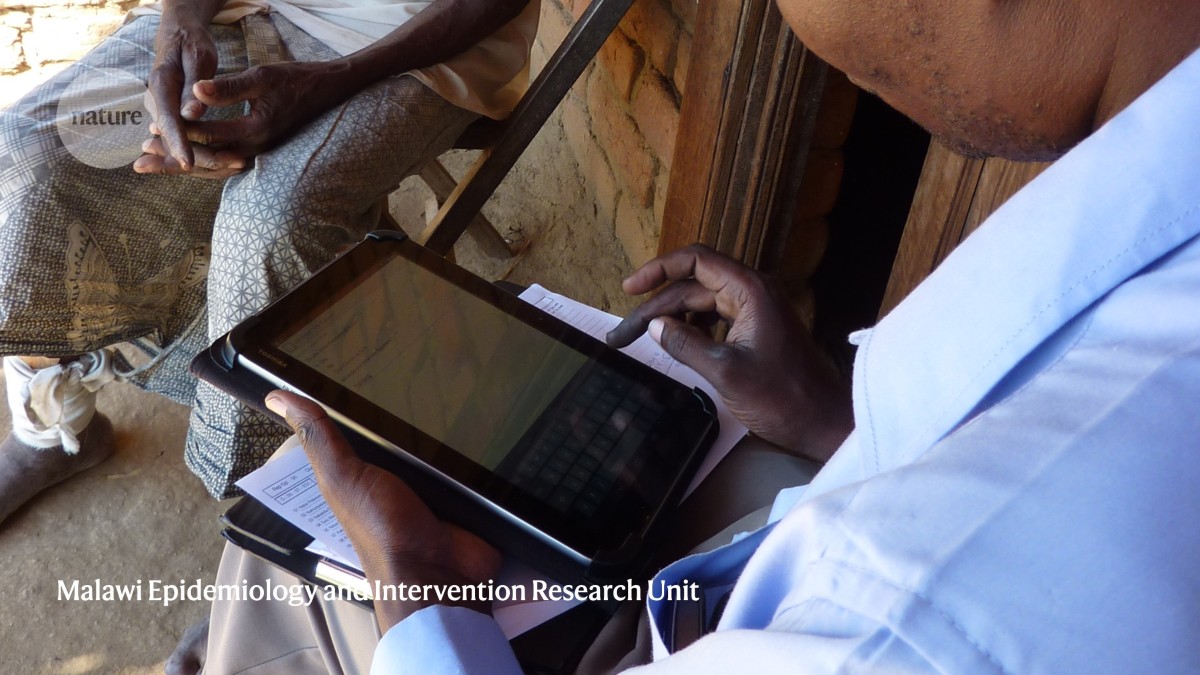
"Longitudinal studies - which follow individuals to collect data about health, lifestyle and environment over a period of months, years or even decades - have helped researchers understand disease risk, inform prevention strategies and improve public health planning. But the majority of large-scale longitudinal research has historically taken place in Europe or North America, meaning many populations remain under-represented in the data."
"Their idea: what if Africa's many longitudinal population studies - some of which have been running for decades - could be brought together? Although Africa is home to more than 1.5 billion people and has some of the world's most pressing health challenges, those at the meeting felt the reach and impact of its population studies were less powerful than they could be."
A pan-African consortium formed after a March 2020 Kampala meeting connects over 60 longitudinal population studies across 16 countries to increase representation in research. The consortium aims to harmonize data, embed community involvement, support local scientific leadership, and pose context-specific research questions. Existing cohorts have informed major interventions, including measles vaccine trials in Senegal and malaria bed-net rollouts in The Gambia, but many remained siloed. The consortium seeks to strengthen research capacity, enable large-scale analyses relevant to African health burdens, and translate findings into evidence-based, locally appropriate public-health policies.
Read at Nature
Unable to calculate read time
Collection
[
|
...
]